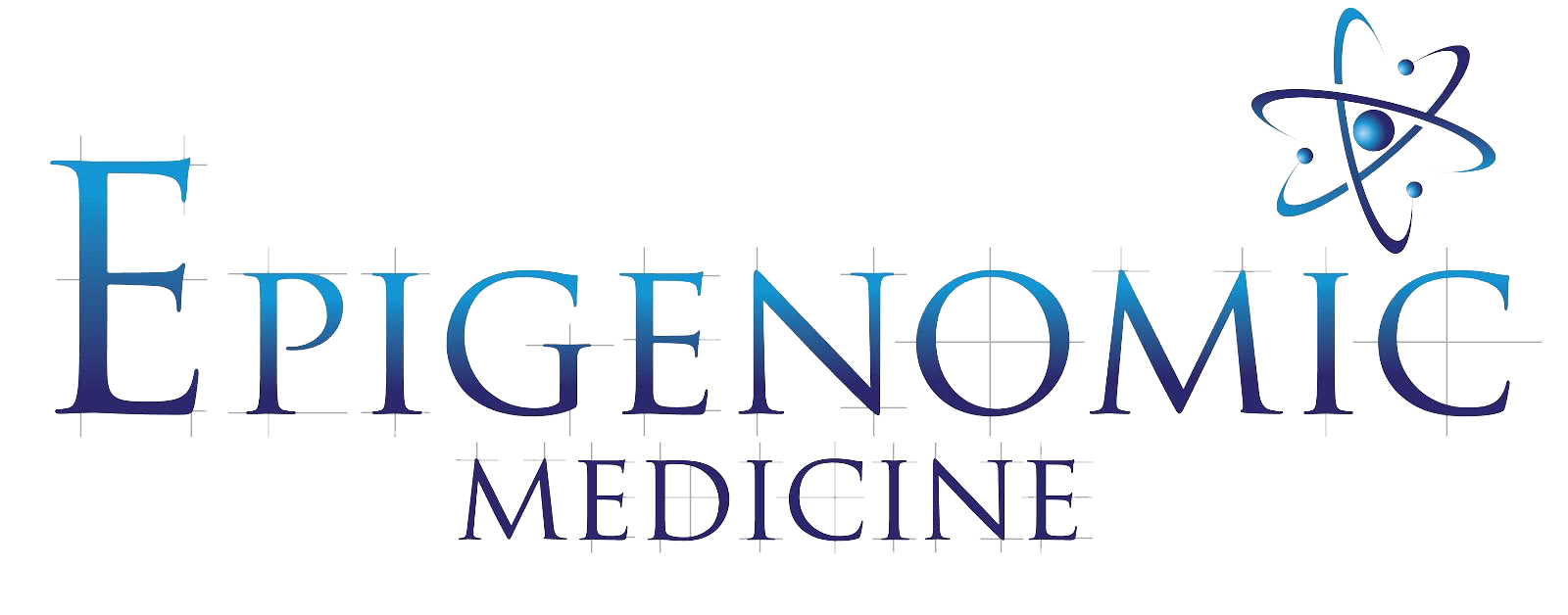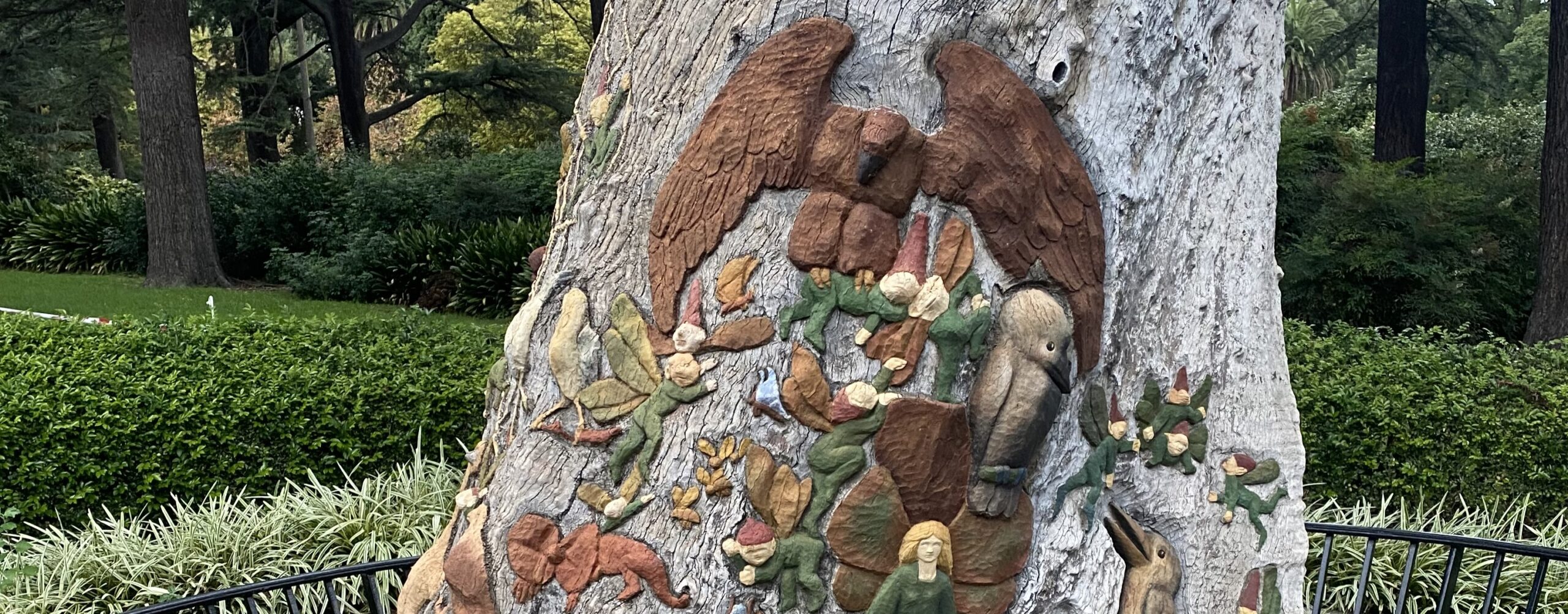be overstated. These memorials stand not only as tributes to individuals but also as collective symbols of remembrance, resilience, and unity for a world profoundly impacted by loss.
Memorials play a crucial role in acknowledging the human toll of the pandemic. Each number in the staggering statistics represents a life—a person with dreams, stories, and connections. These memorials offer a space to recognize this shared grief and provide solace to those left behind. They become focal points where communities can collectively mourn, heal, and find solidarity in their experiences.
Moreover, these monuments serve as reminders of the lessons learned from this crisis. They compel us to reflect on the importance of preparedness, the resilience of human spirit, and the sacrifices made by frontline workers and ordinary individuals alike. Memorials act as catalysts for conversation and action, urging us to strive for a better future by learning from the past.
Beyond immediate grieving, these memorials foster a sense of unity. They bring people together, transcending boundaries of nationality, race, or religion, to honor the lives lost globally. In a time when the world felt divided and isolated, these spaces offer a sense of belonging and solidarity.
Creating memorials for those who succumbed to COVID-19 isn’t just about preserving history; it’s about honoring humanity. They are enduring testaments to the resilience and compassion of societies, ensuring that the stories of those lost will remain alive in our collective memory.
In essence, these memorials serve as poignant reminders of our shared humanity, guiding us to cherish life, support one another, and strive for a world where tragedies of this magnitude are prevented. They become beacons of hope, resilience, and unity in the face of adversity.

